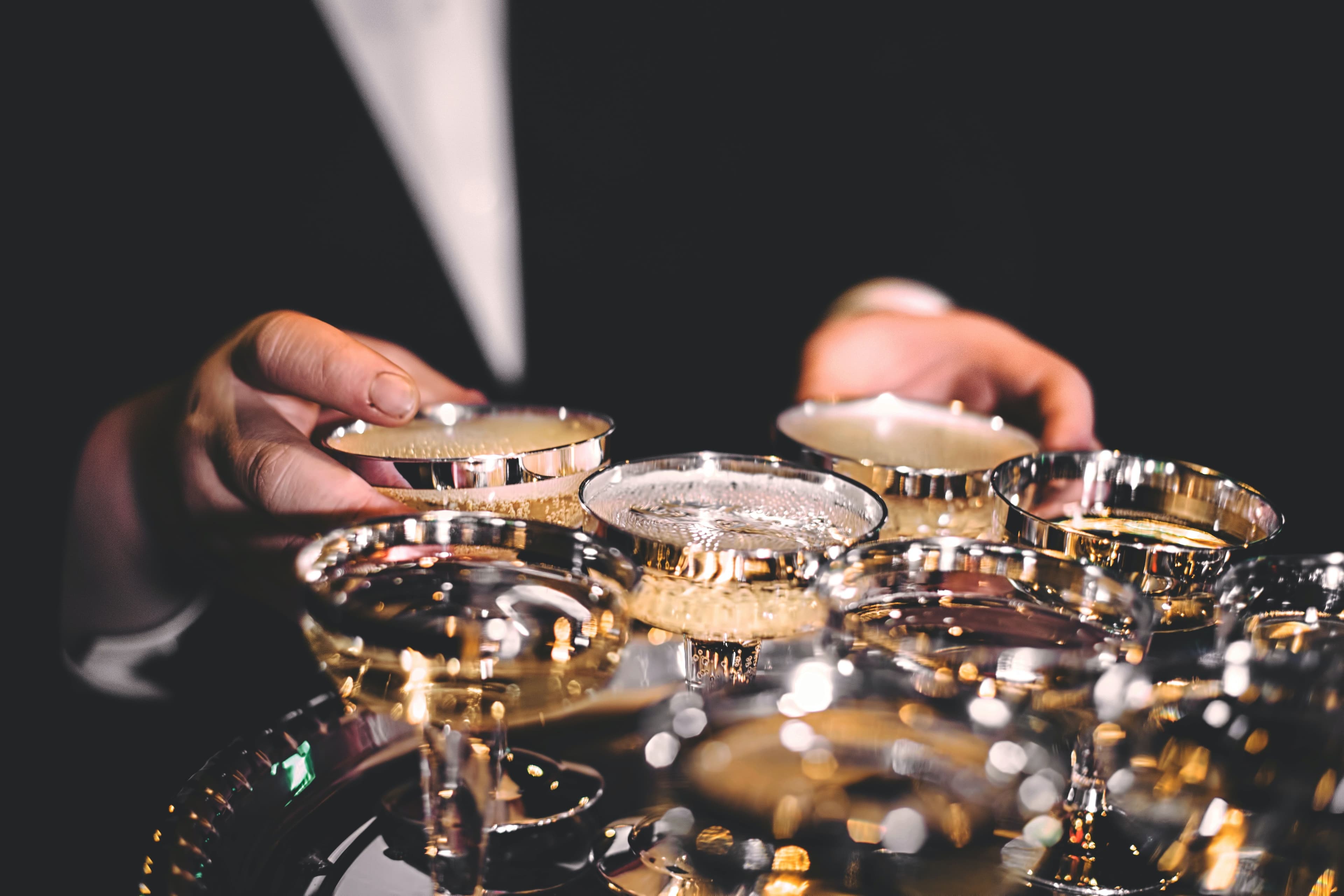Abuse of power comes as no surprise

▲ Photo by Billy Huynh on Unsplash.
Now is the time to scrutinise the power structures of fundraising.
Last week, yet another case of institutionalised sexual harassment made the news. At the Presidents Club fundraiser, a men-only black-tie event held in the name of charity, women were exploited on the back of “doing good”.
Of course, men-only charity dinners should not exist. In the charity world, they are already very rare. Hiring exclusively female hostesses is almost unheard of. Auctioning off plastic surgery with the tag ‘add spice to your wife’ is, hopefully, unique.
Everyday sexism, sadly, is not. And in the charity world it often comes in the form of fundraising.
While evidence suggests women have increasing capacity to give, and are, on average, more generous than men, traditional philanthropy has been built on wealthy men.
Out of 200 individual philanthropists on The Sunday Times Giving List 2017, only 9 are women. Another 17 give jointly with their partners.
It therefore makes sense that, in trying to attract new philanthropists, charities attempt to understand and tailor their approaches to ‘what men want’. While we have (in most instances) moved away from asking women to wear matching underwear and sexy high heels to work, attempts to create spaces, conditions and relationships that make men feel “great” remain at the core of male and female working relationships in philanthropy.
Those who have worked for or been involved with charities will know that corporate and major donor fundraising teams often consist of predominantly young women, with the demand for conventional attractiveness and appeal to men often coded in job ads under requirements such as ‘impeccable presentation and a natural ability to adapt to different audiences’.
Major donor fundraising predominantly relies on ‘prospecting’ or, in simple terms, identifying, meeting and engaging potential new donors. This requires ‘relationship building and management’ or regular communication with the donors, with the goal of ‘getting to know them better’. Extended periods of time may be spent with the donors, often informally.
The potential issues arise because of the power dynamic inherent in such relationships. The fundraiser asks, the philanthropist decides. The fundraiser is paid for hitting fundraising targets, the philanthropist has the power to decide whether those fundraising targets are met.
The success or otherwise of these relationships often depend, in various ways, on the exercise of male power.
Only last week a female philanthropist was telling me how she was asked to meet with a potential donor of a charity she supports, to help convince him to give. Based on the man’s “mistaken belief” that she was a “business development person” working for the charity, she then ended up being groped during the meeting.
It goes without saying that there are numerous brilliant male philanthropists who would be shocked to hear of such behaviour. However, stories of groping and sexual harassment taking place in the charity sector should cause us to question some prevalent fundraising practices, and the power structures on which they are based.
Are we still comfortable spending hundreds of thousands of pounds organising gala dinners (sometimes returning less than invested), auctioning hospital ward name tags to the ego-hungry, and spending excessive amounts of charity time and resources to make donors, most of them men, feel good about themselves?
If giving is about doing good, perhaps we should start by examining the ways in which the practice of philanthropy can reinforce unequal power dynamics.